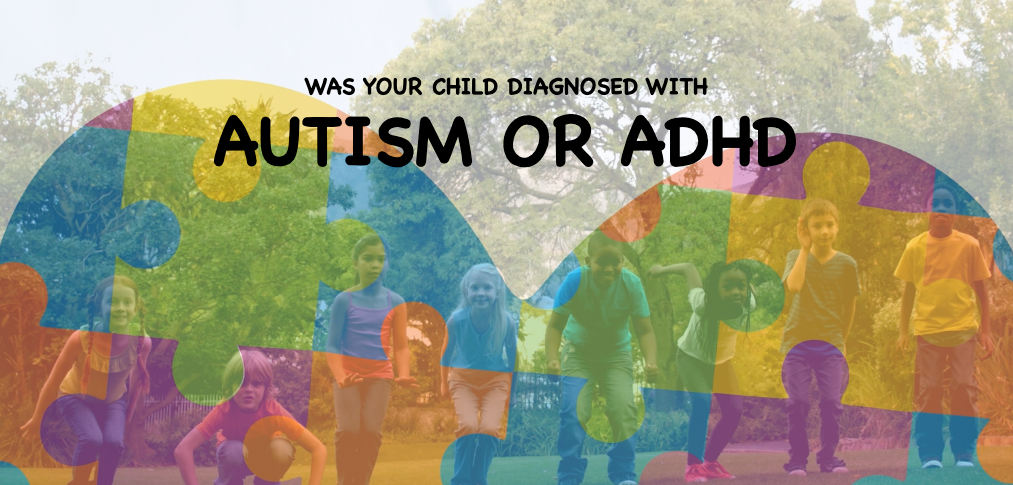
Is There a Link Between Tylenol Use and Autism? Exploring the Lawsuit
In recent years, the question of whether Tylenol (acetaminophen) could be linked to autism has sparked significant attention, particularly among parents, researchers, and the legal community. The growing concern has led to a lawsuit centered around whether Tylenol, when taken during pregnancy, may increase the risk of autism in children. Here, we dive into the critical aspects of this ongoing case, the scientific debate, and what it means for parents.
What Is A Tylenol Autism Lawsuit?
The Tylenol autism lawsuit involves several claims that using acetaminophen during pregnancy may lead to an increased risk of autism spectrum disorder (ASD) in children. This lawsuit, currently under investigation, seeks to hold companies accountable for not warning consumers about the potential risks.
The lawsuit hinges on recent studies suggesting a possible link between acetaminophen exposure in the womb and developmental disorders such as autism and ADHD. Although there’s no official confirmation yet, the claims in the lawsuit are primarily based on scientific research pointing toward an association.
Examining the Scientific Evidence
While the lawsuit has raised awareness, the scientific evidence around this topic is still evolving. A few studies have suggested that acetaminophen exposure during pregnancy could be associated with an increased risk of autism. For instance:
- 2018 Study in JAMA Pediatrics: Research found a potential link between acetaminophen use during pregnancy and behavioral disorders in children.
- 2021 Cohort Studies: Some studies observed higher incidences of developmental delays in children whose mothers took Tylenol frequently during pregnancy.
It is crucial to note that these studies indicate an association, not causation. In medical research, an association means there might be a connection, but it does not confirm that one factor directly causes the other. Further studies are essential to confirm whether a causal relationship exists.
What Does This Mean for Parents?
For parents, particularly expectant mothers, the Tylenol Autism lawsuit raises concerns about the safety of using Tylenol during pregnancy. Tylenol is commonly recommended as one of the few safe pain relievers during pregnancy, and millions of women have used it over the years. As the lawsuit unfolds, parents should be informed about both the potential risks and the limitations of the existing research.
Here’s a quick breakdown of what parents should consider:
- Consult Your Healthcare Provider: Before making any changes to pain management, consult with a doctor. They can provide personalized advice based on individual needs and the latest research.
- Stay Updated on Research: The understanding of medication safety is continually evolving. Following updates on this lawsuit and related studies can help parents make informed decisions.
- Consider Alternatives: Depending on individual health, some may explore alternative methods of pain relief during pregnancy under a doctor’s guidance.
How the Outcome of the Tylenol Autism Lawsuit Could Impact Families
If the court finds substantial evidence supporting the claims, it could lead to stricter regulations on Tylenol usage recommendations for pregnant women. Manufacturers might be required to add warning labels or conduct further studies on the drug’s safety. For families impacted by autism, this case represents more than just a legal battle. It is about understanding and addressing potential factors contributing to developmental disorders.
Conclusion
The Tylenol autism lawsuit has ignited a critical conversation on the potential risks associated with commonly used medications during pregnancy. Although the scientific community is still working to understand the link between Tylenol and autism, this lawsuit highlights the need for informed healthcare choices. For now, parents should keep an open line of communication with healthcare providers and stay updated on developments in this case. As more research unfolds, clearer answers may come to light about how to protect children’s health while balancing the needs of expectant mothers.



